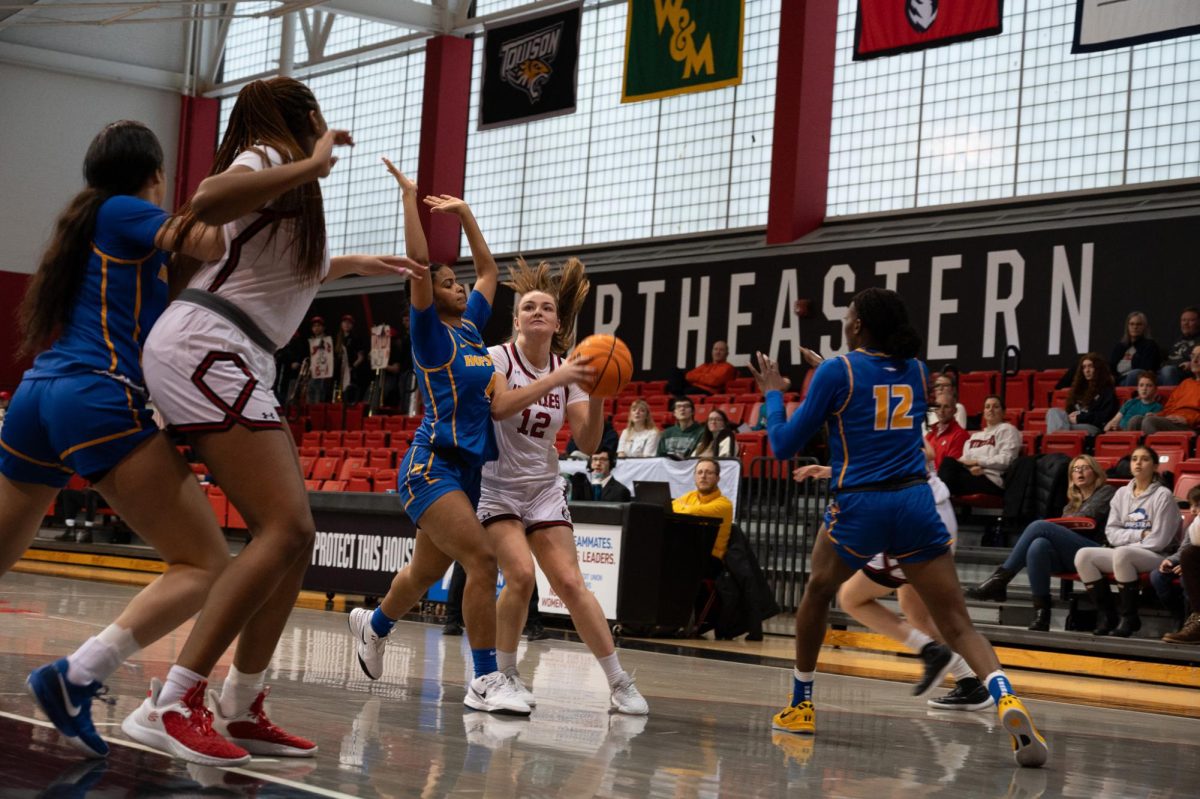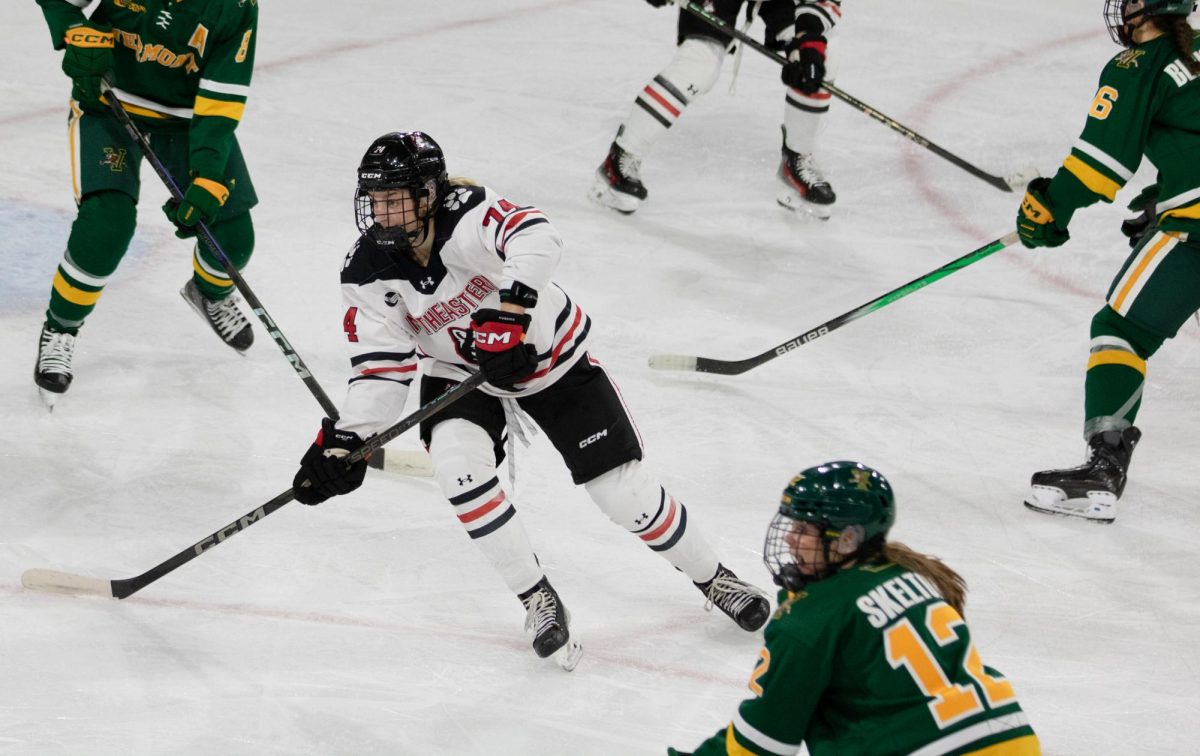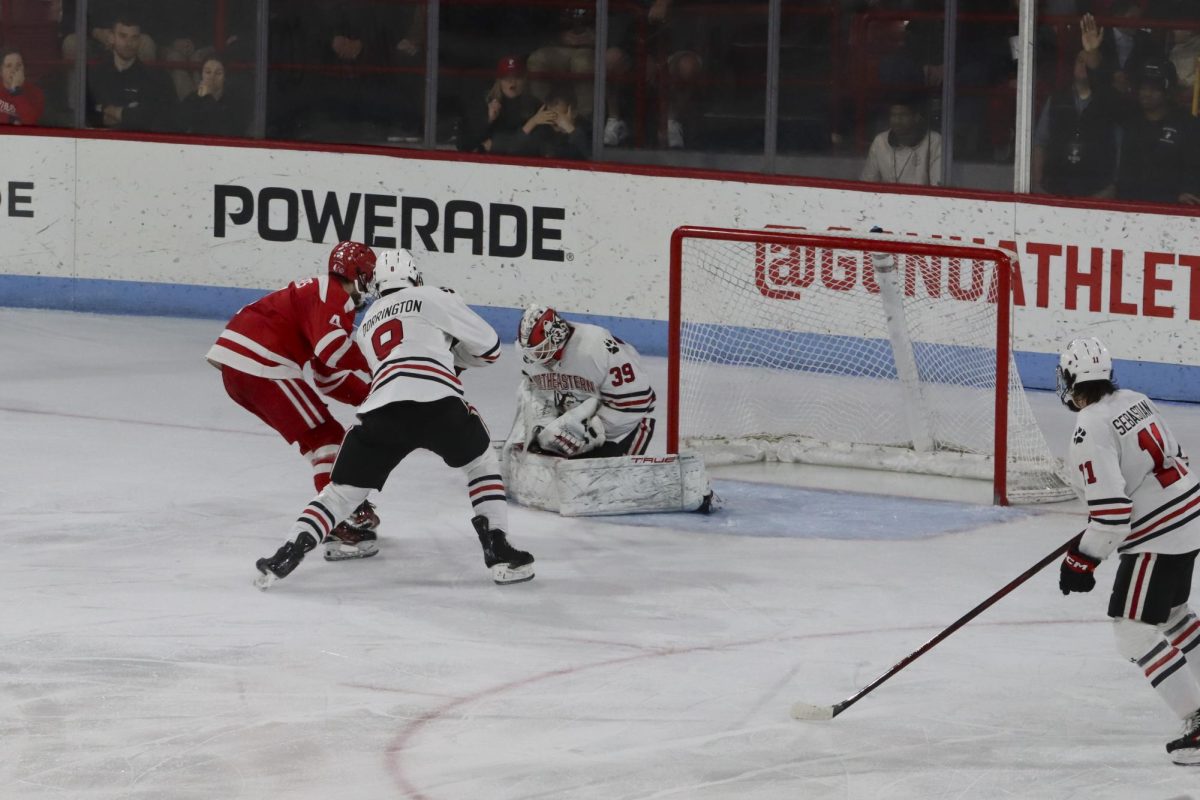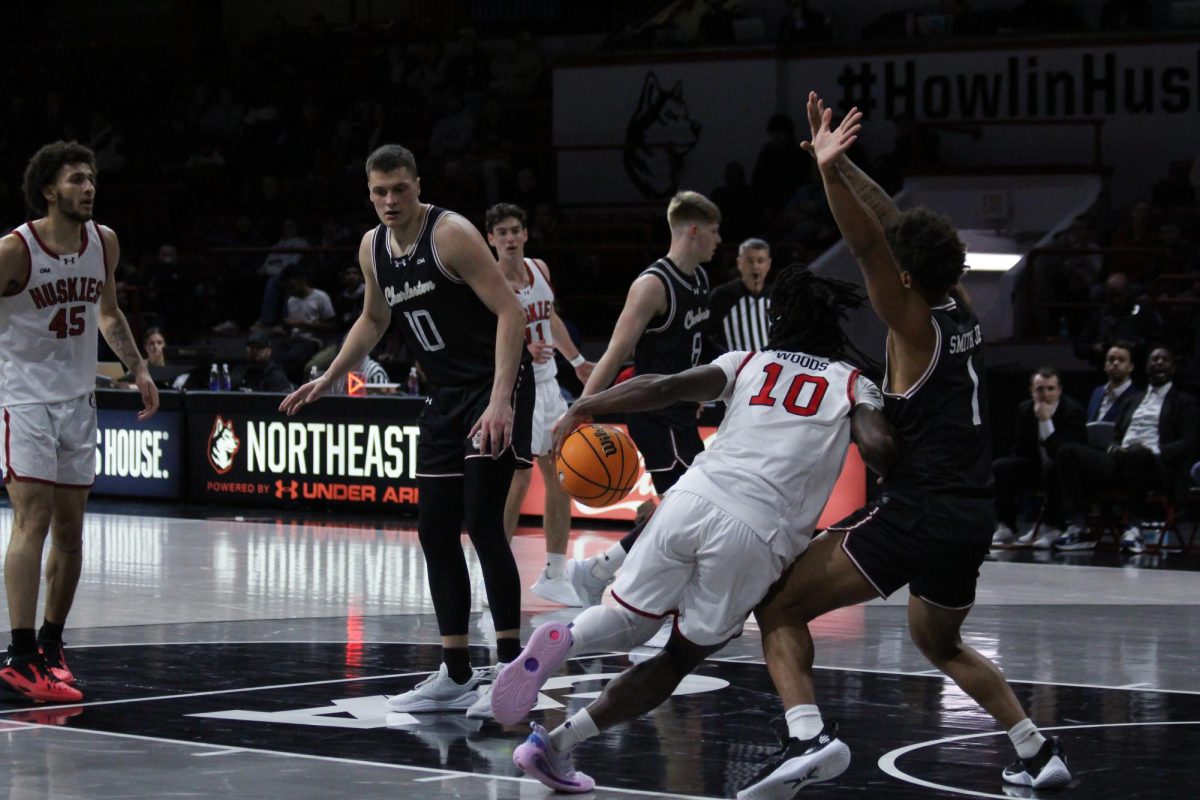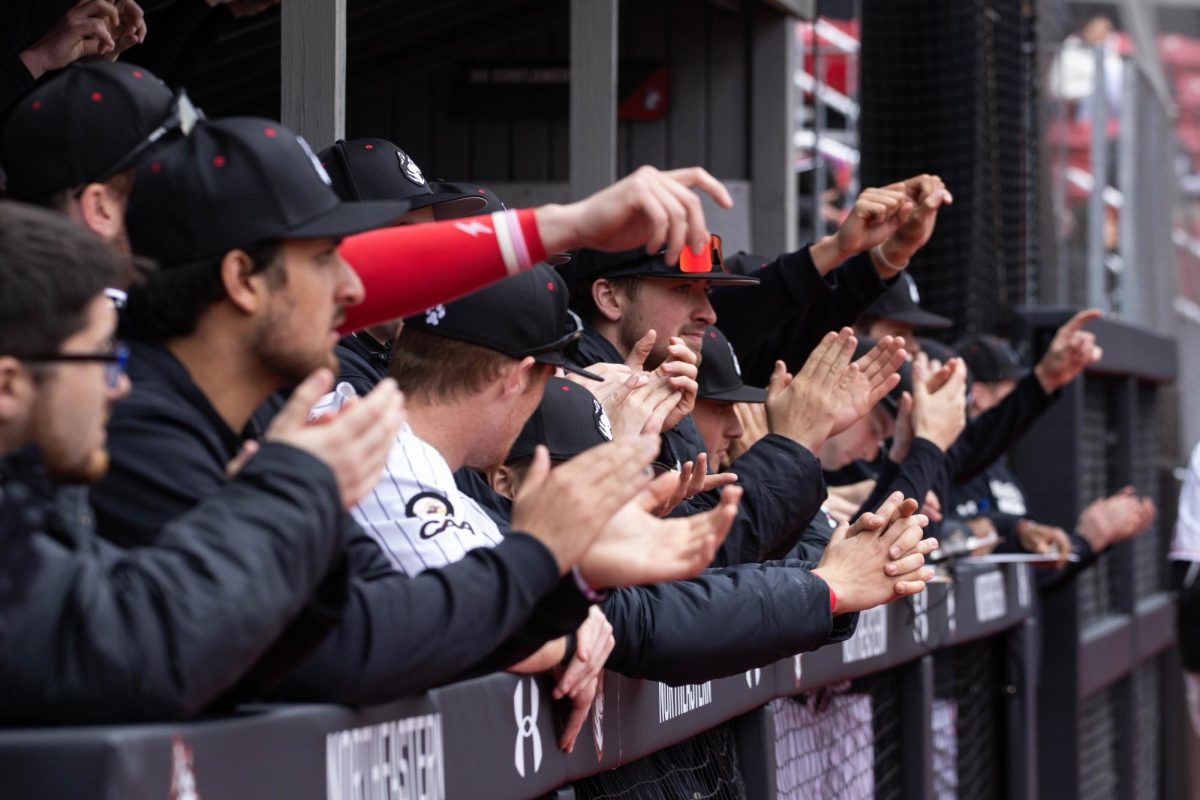Men’s rowing head coach John Pojednic and his crew marked the conclusion to a successful fall season at the Foot of the Charles in November, collecting two top-five finishes in the regatta. They will soon be right back on the water as their spring season kicks off March 3 with a training camp in Sarasota, Fla. The Huskies will race in Philadelphia against Georgetown University March 23.
Huntington News: After some time off, training camp takes place over spring break. How’d the fall go?
John Pojednic: The team did a great job this fall, however, I don’t think we’re at a point quite yet where we will see major program-defining moments. I expect we will within the next two years. There is no question that, internally, we see clear evidence that we are on the right track in terms of recruitment, retention and development of athletes. We are two years into a course adjustment when it comes to the way we recruit, both from the standpoint of values and of resources. Currently, we have 16 freshmen, 11 sophomores, six juniors and three seniors. Two years from now we will have an equal distribution of talent across four classes and the combination of depth, leadership, strength of character and rowing talent will put us in a position where we can realistically say ‘if we all work very hard together, we have the chance to be one of the top teams in the country.’ This fall, it was exciting to learn that our very young and still relatively small team can compete with the top teams in the country. I also thought it said a lot about the makeup of the group, from a character standpoint, when a team largely comprised of capable freshmen and sophomores nearly unanimously elected as their captain a senior oarsman who has really turned a corner and stepped up both as an athlete and a leader.
HN: Any expectations for this spring?
JP: The team is young, however, there are some critical elements of successful crews that we have not yet solidified. I expect that we will tackle this in the next month, and I expect that we should be very competitive among the top 15 teams in the country this spring. With that said, there isn’t much separating the teams in that group and the extent to which our crews can continue to build strength, skill and flow will determine exactly how far we get this year.
HN: How does coaching and conditioning differ between winter and spring?
JP: I believe in focusing on the basics of what it is to move a boat efficiently and doing so consistently over the course of the year, and, through an athlete’s process of developing. As athletes get stronger and begin to function better together, there are of course more things you can work on to take the sport to a higher level and this should naturally happen over the course of a yearlong process of training. The fall is generally more about laying the foundation upon which a strong team can evolve. The work is less intense and the racing is more of a fun diversion from training. Fall racing is over longer distances at lower intensity levels in a time trial format where you can’t necessarily even see your opponent. It is generally obvious that fitness and skill are not quite where they will need to be in the spring. Come spring, you know a lot more about your athletes from a physical, mental and emotional standpoint. As a coach, you are operating with a lot more knowledge and feel more certain that the right people are in the right positions. The daily approach is less about developing basics and is more about helping crews most efficiently navigate 2000 meter side by side racing, a game of inches in which a crew spends between 5 and a half and 6 minutes very close to or at the redline.
HN: Three Northeastern alumni (Dan Walsh 2002, Will Miller 2007, Brad Bertoldo 2010) are looking to make the summer Olympics in August. How do you expect them to do?
JP: What’s certain is that Dan, Will and Brad are three great athletes who are very dedicated to taking the sport to the highest level. Dan is 30 years old and was a bronze medalist in the US Men’s 8+ in Beijing in ’04; Will is 28 years old and has been a member of several senior national teams already. Brad is 25 years old and making the Olympic Team this year would mean making his first senior national team. As I understand it, at this point, there are fewer than 30 athletes still in contention for 18 seats. I’m sure there will be very little separating the oarsmen who make and do not make the London 2012 squad. I would say that Dan, Will, Brad and all of the athletes in the selection camp, have an equal opportunity to distinguish themselves day-to-day and to earn the privilege of becoming 2012 Olympians.
HN: You’re in your 12th season. What keeps you coming back?
JP: The concept of going “from good to great” has become somewhat cliche, however, there is no other university in the United States that has so well positioned itself to make a giant leap forward in terms of sustainable and targeted excellence as a global leader in higher education. The Men’s Rowing program is fortunate to have the opportunity to be on the leading edge of this surge. Institutional leadership from the top down is exceptional. Support from the university and our program supporters is stronger than ever. The student-athletes who I have been fortunate to coach and who I will have the opportunity to coach moving forward are inspiring young people. Whether it’s the chance to teach an individual athlete how to move a boat more efficiently, the opportunity to help a crew find a state of flow together, or the overall process of building a program that can sustain excellence, it is very easy for me to go to work at 4:30 a.m. every morning because we have the opportunity to build something special together.
– Complied by Zolan Kanno-Young, News Correspondent



